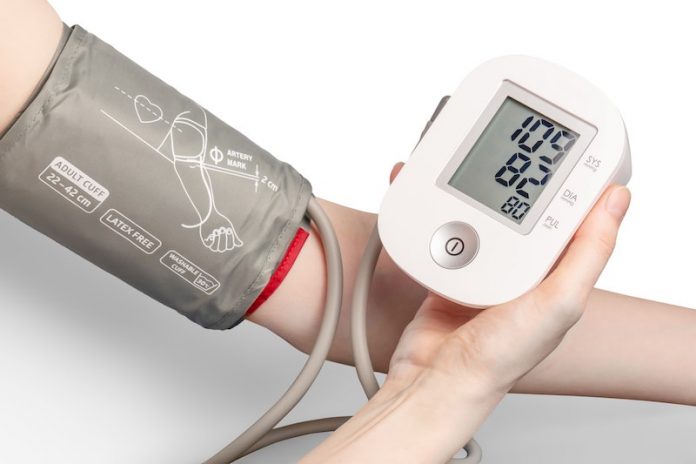
In a new study from The Australian National University and elsewhere, researchers found people with elevated blood pressure that falls within the normal recommended range are at risk of accelerated brain aging.
They found participants with high blood pressure had older and therefore less healthy brains, increasing their risk of heart disease, stroke and dementia.
Participants with elevated blood pressure, but within the normal range, also had older-looking brains and were at risk of health problems.
The team also found optimal blood pressure helps our brains stay at least six months younger than our actual age.
Normal blood pressure is defined by pressure below 120/80, whereas an optimal and healthier blood pressure is closer to 110/70.
The new research comes after a large international study found the number of people over 30 with high blood pressure has doubled globally.
In the study, the team examined more than 2,000 brain scans of 686 healthy individuals aged 44 to 76.
The blood pressure of the participants was measured up to four times across a 12-year period. The brain scan and blood pressure data were used to determine a person’s brain age, which is a measure of brain health.
The findings highlight a particular concern for young people aged in their 20s and 30s because it takes time for the effects of increased blood pressure to impact the brain.
By detecting the impact of increased blood pressure on the brain health of people in their 40s and older, the researchers assumed the effects of elevated blood pressure must build up over many years and could start in their 20s.
This means that a young person’s brain is already vulnerable.
The research findings show the need for everyone, including young people, to check their blood pressure regularly.
If you care about high blood pressure, please read studies about this daily food may help reduce your risk of diabetes, high blood pressure and findings of this common nutrient may help prevent high blood pressure.
For more information about blood pressure health, please see recent studies about a new major cause of high blood pressure and results showing the key to treating high blood pressure.
The study is published in Frontiers in Aging Neuroscience. One author of the study is Professor Nicolas Cherbuin.
Copyright © 2021 Knowridge Science Report. All rights reserved.



